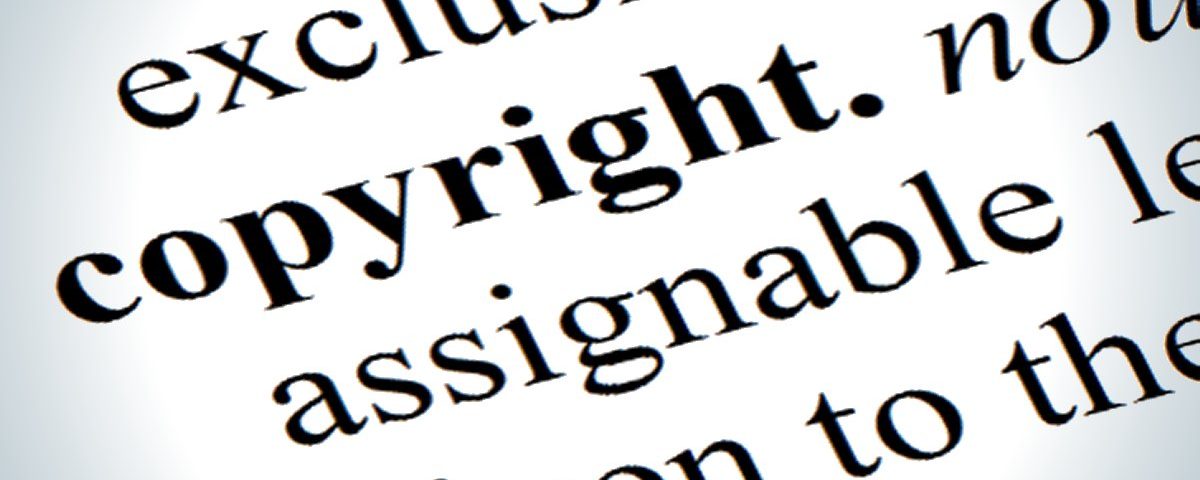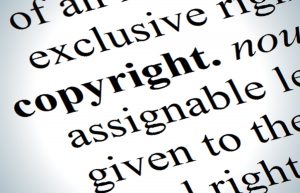There are a lot of myths surrounding copyright and every photographer should understand copyright laws and how they affect their work – here are some of the common myths;
!. Your work needs to be registered.
You own the copyright of the photograph as soon as you take it and it does not need to be registered. However you may have difficulty proving it is your photograph if you don’t register your work and also you will not be entitled to statutory damages in the US if your work is not registered – I always register my work in a batch before any of it is published.
2. Mailing yourself a copy of the work established your copyright.
To my mind this is a total waste of time and means nothing – register your work with the copyright office in the US.
3. Protect your Copyright or lose it.
Copyright lasts for a set number of years normally the life of the photographer plus 70 years and you cannot lose it by not enforcing it.
4. People can use my work under fair use provisions so what is the point in registering it.
Fair use provisions are a very narrow concept, if someone use your photograph and uses it in an article about that general subject then it is not fair use – if they use your photograph in an article to comment on the merits or otherwise of your photograph then that may be fair use, but to use your picture of say credit cards in an article about household credit card use would not be fair use.
5.To be copyrighted a photograph must display the copyright symbol.
This ceased to be the case in the 1980’s when it was appreciated that photographers did not want to despoil their work by adding a copyright symbol. The copyright of a photograph vests in the person who pressed the shutter button and took the picture, the only exception to this is works made for hire where the photographer is employed to take photographs on a proper employment contract when the copyright then vests in the employer.
6.The image is on public display so is in the public domain and anyone can use it.
Copyright always belongs to the photographer (or possibly as above his employer) and may be assigned by the photographer to someone else but the fact the image appears on a search engine or a site offering free pictures does not mean the image has been donated into the public domain as anyone can copy a picture and upload it to a site claiming it is their work. To have a defence of innocent copyright infringement the infringer would have to show that they took adequate precautions to ensure the copyright had been vested in the public domain such as getting confirmation from the photographer.

